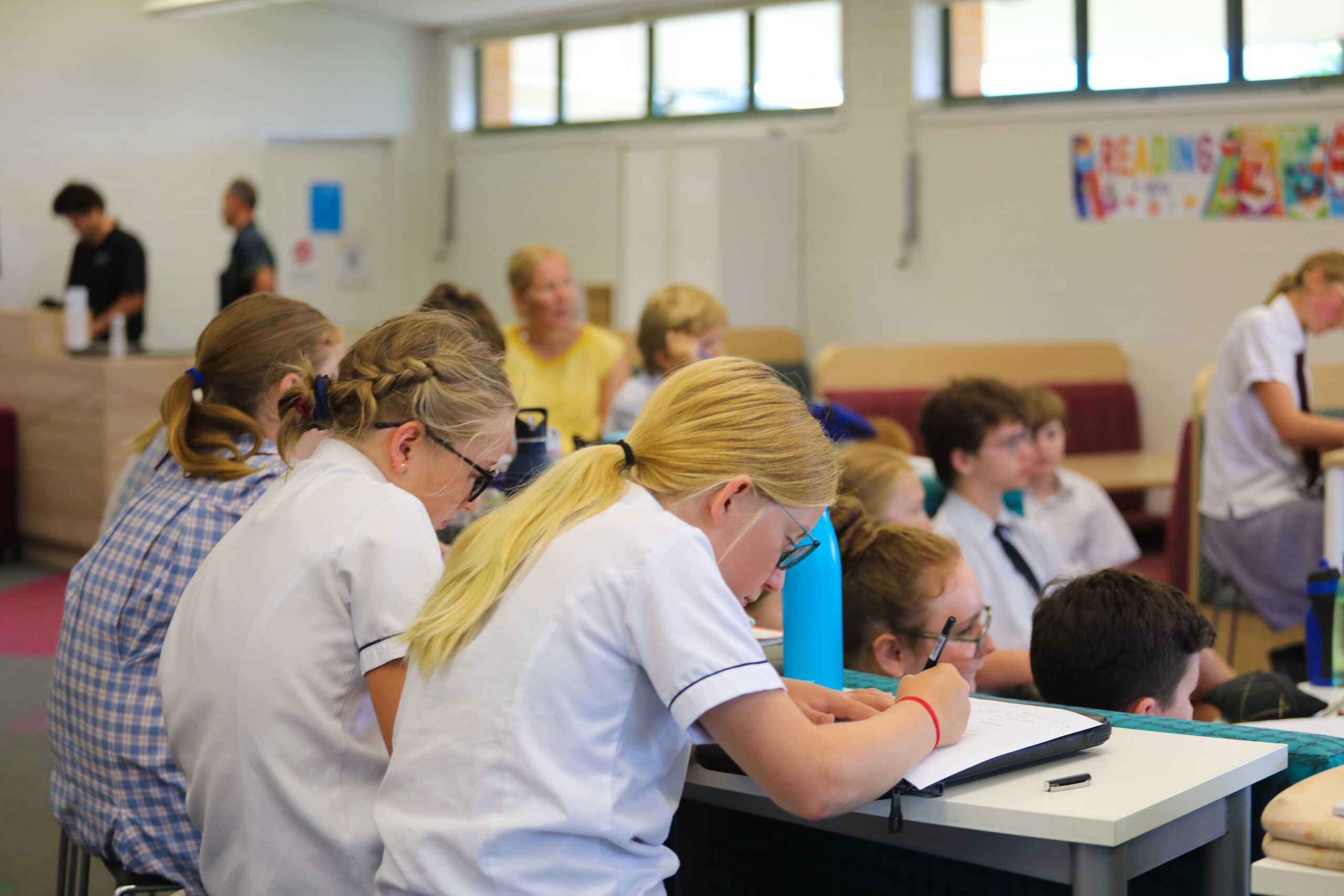
I recently attended a national forum on education and heard politicians, academics, psychologists and educational activists talk about how Australian education can or should move into the future.
Depending on who you listened to, the most significant problems facing Australian education are:
- Our falling literacy and numeracy standards when measured against OECD schools;
- Falling levels of equity in the quality of education in schools;
- Money (lots and lots of it) being pumped into ideas, programs and policies that actually don’t improve educational outcomes;
- Political interference in education policy and practice.
Depending on who you listen to, the solutions to these problem are to:
- Sack the ”bad” teachers: “Acting Education Minister Robert said Australia must ‘face the brutal reality’ and ‘stop pussyfooting around the fact that the problem is the protection of teachers who don’t want to be there, who aren’t up to the right standard’”.
- Change the funding models used for schools;
- Use data to determine which programs actually work and help our students;
- Use data, not political media grabs, as the basis of education policy and practice.
“The political attention education issues are getting in the lead-up to the federal election may be an opportunity to demand politicians focus on issues that matter to schools and their communities.” The Conversation
Educational researchers believe the good old days approach to education does not work in today’s world.
“Across the world assessment is not working. We are not evidencing the kinds of dispositions and capabilities that society increasingly wants. Educational jurisdictions are placing too much reliance on high-stakes, standardised testing. They are testing the wrong things in the wrong ways. High-stakes assessment is having a damaging impact on the health and wellbeing of students and it is not giving universities, colleges or employers the kind of information they want”
Bill Lucas. Rethinking assessment in education: The case for change
Our educational leaders do not necessarily concur:
“Education has recently been characterised as a “political football”. The government has focused on the impacts of gender and sexuality legislation on religious schools and nationalistic history as part of the Australian Curriculum. They offer voters a romanticised view of school before rapid change swept the world. The ALP presents education as a process of catching up to overcome an uncertain future.“
We need an approach that will bring to education the kind of intelligent policies and practices that guarantee an educational future that will serve our students’ futures and allow us to be internationally competitive.
“The reason for building a political platform on moral panic is that politics today is tapping into a general fear of either change or being left behind. This is a solid strategy, especially when anxiety is on the rise.”
Not exactly comforting. What I do take comfort from is that realisation that the model of education St Columba follows, with its strong focus on the development of foundational skills and the development of the 6Cs that society, universities and employers know we need, is solid and works.
“Inquiry-based learning emphasises processes and problem-solving, while explicit instruction is geared towards teaching to specific outcomes. “A balance of both teaching methods delivers the best outcomes.” Dr Goss, Gonski Foundation
The so-called international education tigers, like Singapore, Finland, Estonia etc are all moving in the same direction as us – educating to suit the future needs of our students and our world, rather than being held captive by a romanticised image of some past golden age of education.
So, what approach will St Columba follow in conjunction with, or despite, who is in government?

We will:
- Provide our teachers with the support and professional development they need to be their very best professional selves;
- Scrutinise the plethora of educational fads and “simple” answers to complex educational issues proved by think tanks, focus groups and political activists to see what will actually improve our students’ educational and career outcomes;
- Focus on student engagement, passion, safety and ensuring that the curiosity and willingness to learn are not compromised by structures that are outmoded and dysfunctional.
“Independent school students benefit from the capability of their teachers and a school climate that values academic achievement, provides personal support, a safe ordered environment and a sense of belonging in the community.” Academic Achievement in NSW Independent Schools
The most interesting speech at the forum I attended came from a media personality.
Richard Fidler, host of Australia’s most popular podcast, talked about how his most interesting, world-changing and inspiring interviewees all had one thing in common – an intense curiosity about the world and a determination to follow their passion.
Curiosity, the driver behind so much of our model of teaching and learning.
Thank you, Richard. We agree with you.
Terry Muldoon
Principal
Want to share your thoughts on this story, or do you have something you’d like to add? Email me at principal@scas.nsw.edu.au

